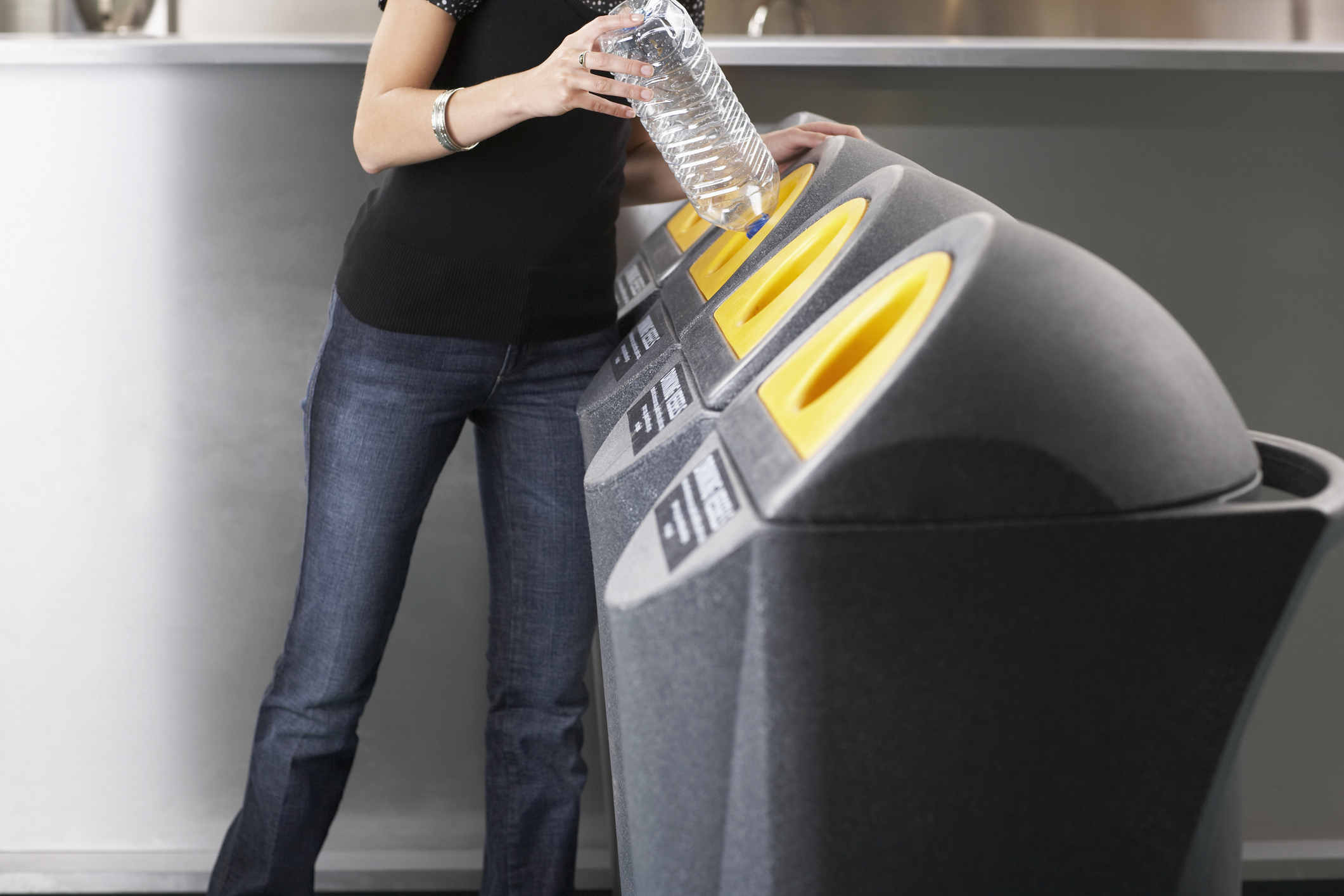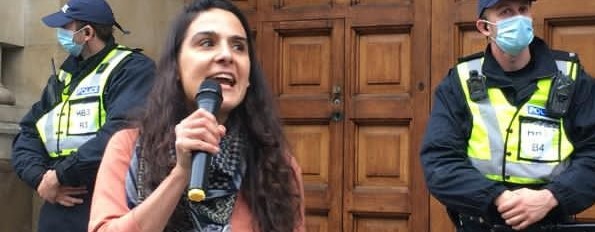‘Unite is my family’
Khadija Najlaoui’s first experience as a Unite rep will never leave her.
Najlaoui was representing a migrant worker in London who was experiencing difficulties in his workplace.
“He told me â€you cannot believe how badly I was treated, but now you’re there from Unite things are much better’,” Najlaoui explained.
But Najlaoui could believe it because she had been in the same situation herself when she first arrived in the UK from Morocco in 2007.
Najlaoui is one of 7,000 workers who have benefiting from Unite’s United Migrant Workers Education Programme (UMWEP), which celebrated its tenth anniversary last week.
“It was hard when I first arrived. I didn’t speak English, I didn’t know my rights and I didn’t have my family. When you don’t speak English you get treated badly at work” recalled domestic worker Najlaoui.
“For a long time Unite was my family, because I spent six days a week working and on my day off I would attend UMWEP classes. Since 2009 I have improved my English, written an article that was published, learned about working rights and became a rep.
“When my husband Abdul Salem arrived in 2015 he also had a hard time at work, but I told him to attend UMWEP and now things have improved because he can speak up for himself.”
Ten years of UMWEP
Over the last decade, UMWEP has assisted migrants from across the globe to integrate into UK society by a combination of ESOL (English as a second and foreign language) and other courses.
For Peruvian Celeste Cardenas Soria, who has been in London for three years, the programme has helped her find work.
She said, “It’s helped me to integrate and this year I began work as a carer for Age UK. It was only possible because I improved my English.”
At 75 Istafia Galeano Marin, from Columbia, is not looking for employment, but the iPhone and computing courses she has taken at UMWEP have helped in her everyday life non-the-less.
“But it’s not only the lessons: I’ve made friends and I look forward to attending on a Saturday. It’s a nice atmosphere and has really helped me to feel at home,” Marin said.
Retired teacher and Unite Community member Cherry Sewell has volunteered as an ESOL tutor with UMWEP for the past three years.
She says she was drawn to the project for three reasons: “It’s teaching, it helps migrant workers and it involves a union”.
“Back home many of my students are well-educated and have degrees and masters and all of these things and now they’re working three or four cleaning jobs just to survive in London. Often they are being held back or victimised because they don’t speak English,” Sewell told UniteLive.
“Knowledge of English empowers people and gives them the skills to get jobs and meet people and basically get on in life. I’ve spent three years with some of the students and I’ve seen them become much more confident. I just think UMWEP is a fantastic thing to offer.”
Unite director of education Jim Mowatt said it can be a daunting and difficult prospect for migrant workers to adapt to life in the UK while at the same time trying to find or hold down a job.
“Unite is proud to have been at the forefront of promoting a comprehensive educational programme that has helped more than 7,000 people from a wide range of countries to fulfil their potential as they embarked on their new lives in Britain,” Mowatt said.
“As we enter challenging economic times in 2018, this work underlines the need for Unite’s educational role to continue and expand as these workers enter the world of employment, where vigilance is constantly required to stop exploitation by unscrupulous bosses.”
 Like
Like Follow
Follow


